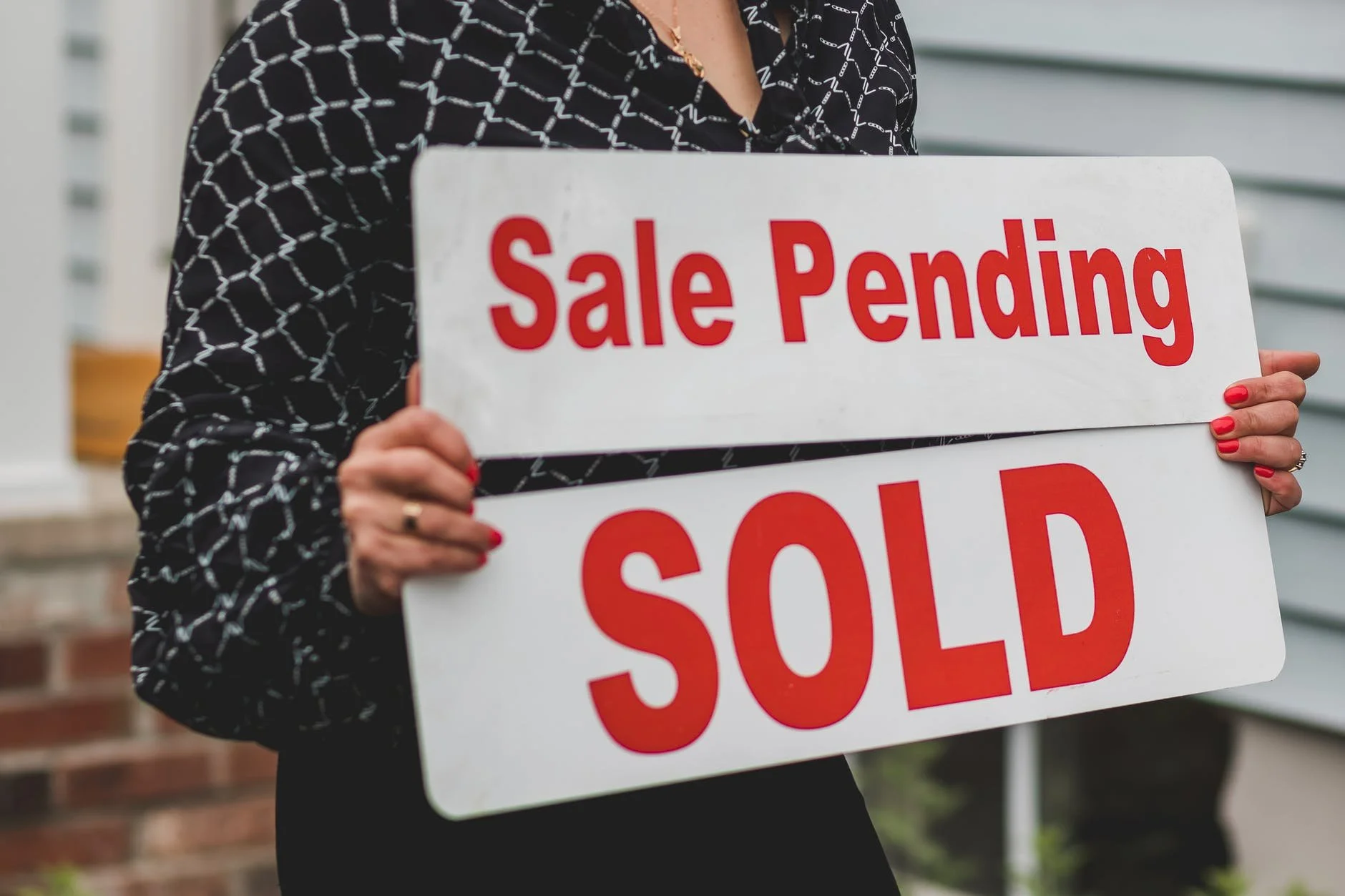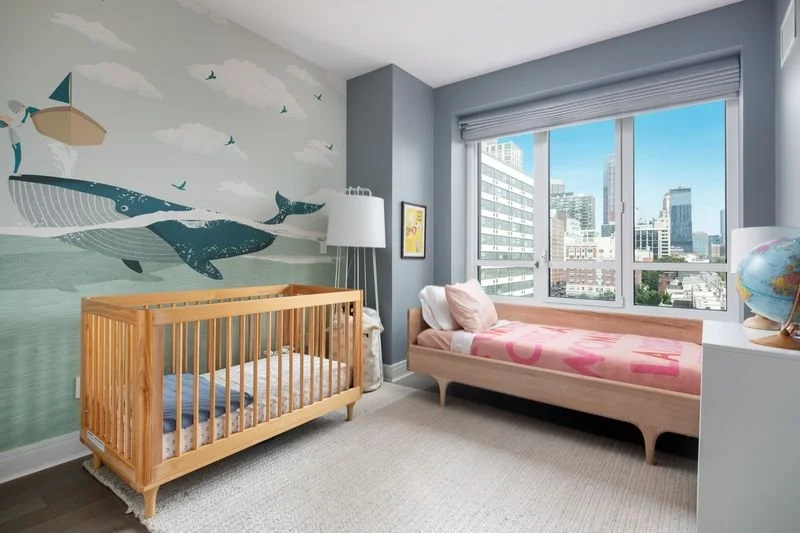How To Sell An Investment Property And Why You Might Want To
Sometimes an investment property is something you’ll want to hold onto for your entire life, perhaps even leaving it to someone in your will. However, it might be that you decide to sell the property at some point, either because it’s no longer bringing you a good income or because you want a cash injection – perhaps for your retirement.
If that is the case, you might wonder how you can go about selling that investment. What can you do to ensure you get the most for it, and how can you actively sell it in the right way? Unlike stocks, you can’t unload investment properties in a matter of seconds with the click of a mouse. The time elapsed between the decision to sell and the actual selling date is sometimes measured in weeks or months. Selling your own house can be daunting if you don't know where to begin, but selling an investment property requires considerably more effort. Read on for some helpful advice.
Choose A Good Agent
Hiring an agent will save you a lot of time and trouble. In addition, you will most likely earn a higher selling price in a shorter period of time. Yes, you will be charged a fee, but having a local, experienced, and qualified insider represent your interests in a transaction as big as the selling price of a typical property is probably worthwhile.
There are outstanding, medium, and sub-par agents in the real estate industry, just as there are in any other sector. You also pay the same commission to any licensed agent. So take the time to interview many agents to select the one who can best represent you. Investigate their achievements, check their evaluations, and speak with a few prior customers. Hire a fantastic real estate agent and then delegate the selling process to them.
Price It Right
When it comes to selling a property, time is of the essence. This is why setting the right price for your property is so important; trying to get too high a price isn’t something you can do if you want to sell quickly; it’s only possible if you have a lot of time and it doesn’t matter how long you have to wait for the sale to take place.
The market value of your property is not decided by what you purchased for it, how much you spent on repairs, or what your friend would pay for it if they had the money. It is the price agreed upon by a willing buyer and seller. And that price is determined by the market value of comparable adjacent properties for sale at the time you choose to sell. Setting too high a price means you’ll miss out on potential buyers who can see other comparable properties are priced much more realistically.
Make The Target Market Clear
Make it apparent to purchasers who your target renter is. If you rent out your house to students, make sure the furniture and décor reflect this – simple upkeep is essential since a future landlord will not be seeking to renovate the property every year. Similarly, if your ideal renters are young professionals, make the interior bright and airy since they will want to put their own imprint on the house. At this stage, prospective landlords must be able to immediately visualize their target demographic; they want to know the property will earn them money as soon as possible, and ideally immediately.
Of course, you might not be selling the property to other landlords; you might be selling it on the open market for people to buy and live in themselves. Speak to your realtor about what direction you want to push this; it might require different advertising or even photos if you want a landlord to be interested compared to if you want a buyer who intends to enjoy the property themselves to want it.
What About The Current Tenants?
Great renters are worth keeping. Tenants are legally allowed to remain in the property until the end of their term, so just because you're selling doesn't mean they have to go. If you wish to sell untenanted, you'll have to either wait until their lease expires or come to an arrangement to stop the contract early. Consider the advantages of selling with renters in place before deciding on any of these options.
If you are selling to another landlord and there are already good tenants in situ, this could be a positive thing. The landlord can simply take over the ownership and the tenants that come with the house and make money as soon as the contracts are signed. This is why it’s so important to be a good landlord yourself; the more comfortable and happy your tenants are, the less likely they’ll decide to leave if you intend to sell.
Once you know how to sell your investment property, you’ll need to know when the right time is. This is something we can help you with as well – here are some things to consider.
You’re Going To Have To Spend Money
The systems that keep a house running degrade with time and may be costly to repair. This could include:
Gutters
Roof
Doors and windows
Water systems
Backyard
Garage
Interior design and paintwork
Kitchen
Bathroom
Any and all of these can cost a lot of money to change, but if you want to keep your investment property and rent it out, you’ll need to make these upgrades. If you don’t, you’ll find it hard to get good tenants, and you certainly won’t be able to charge a good amount for the property.
If you can’t afford to make these upgrades, or you don’t have the time or inclination to do it, then it could well be time to sell your investment property. Although you might have to sell it for a little less than market value because of the work that needs doing, you should still make a profit if you’re careful (and if you have a good agent to help you).
The Market Is Right
Buyer preferences change. And properties that meet all of the criteria that buyers are seeking sell quicker. If there is a surge in demand for your investment property's design and size, it may be time to consider selling.
The same can be said about location. For example, if a certain location has become more popular as a result of the construction of a good school nearby (causing all of the properties to rise in value quickly), it may be an excellent time to sell.
The stock investor's ideal of "buy cheap, sell high" is also a prescription for success in real estate investment. The housing market is volatile. As a result, there are excellent times to sell (referred to as a "seller's market") and good times to purchase (referred to as a "buyer's market").
Unlike investing in the stock market, where you can sell your shares on the same day, real estate transactions take longer to finish since the procedure is more involved. So, if you want to sell for top money, you must look at the market's trajectory and begin the selling process before the market peak.
Ownership Costs Are Rising Quickly
While you own an investment property, things might happen that raise your ownership expenses. For example, rapidly increasing property taxes might indicate that it's time to sell. Perhaps there is a pending special assessment from your condo or homeowners association that, if authorized, would severely reduce your income flow.
If your return on investment on a property has been dropping over time, it is sure to be a smart idea to sell and buy a new property in a better location with greater cash flow and profit.
You’re Tired Of Being A Landlord
It’s hard being a landlord. Even though it might seem as though it’s a good way to make a passive income, there are challenges at all stages, and it can be expensive too – imagine if you had an investment property and no one to rent it. The costs would be uncomfortable at best and devastating at worst.
A lot of the time, these challenges can be overcome with good management and advice, but sometimes it’s just not worth it, at least in the landlord’s opinion. If this is the case and your heart is no longer in what you are doing, and it’s only causing you stress and not any enjoyment (whether it’s making you a profit or not), then it’s time to sell on and do something else. Not everyone can be a landlord, and if it’s not for you, there’s no shame in admitting that fact. It will make your life happier as a result.
You Always Intended To Sell
Although some property investors – many of them, in fact – choose to buy a property and then rent it out, making a recurring monthly income, others work differently. They will buy a property, carry out renovations and decorations – some to a large extent and some with only a few weeks’ worth of work – and then sell the property right away, keeping the profit. This is called property flipping.
This means that some buyers will always intend to sell their investment properties; it’s part of their financial plan. The great thing about this kind of solution is that you don’t have to worry about tenants or additional repairs, and whether you are mobile home flipping or working on a larger property, as long as you buy correctly in the first place, you can usually make a decent profit.







